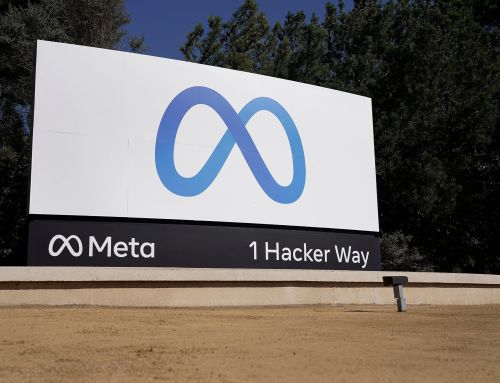The Government has been urged to stop rogue algorithms “pushing” online hate, including Holocaust denial and antisemitic conspiracy theories.
The Antisemitism Policy Trust has highlighted how “unfit for purpose” systems can spread harmful content and disinformation through search engines.
In an interview with the PA news agency, the Trust’s chief executive Danny Stone welcomed the Online Safety Bill as a first step.
But he said: “I’ve always been of the view that the Bill should address the systems behind social media and internet platforms, rather than the content.
“The focus should be not on an individual item that’s posted, but on how that item then gets shared to 50 million people. Are people directed to it rather than it just appearing online?”
Mr Stone, who was made an MBE in 2017 for services to combating hate crime, cited several examples of simple words producing antisemitic content among the top hits on search engines.
He said: “The search companies are prompting people or pushing people towards harmful searches without there being anything in the Bill that’s going to impact this.
“Right now, search engines have to address and remove illegal content and address illegal content but they don’t have to do anything on that legal but harmful material.”
Popular home voice technologies such as Alexa, Siri and Hey Google should also fall under the regulation, he suggested.
“I have a big concern about search in general and what the safeguards are, what the risk assessments are, for the systems behind search engines.
“I think there will need to be something done in the Bill to address that,” he said.
He suggested amendments to the Bill could be made to ensure tech companies have to at least risk assess the algorithms used to produce search results.
Currently, he said, the Online Safety Bill has a “triple shield” for user-to-user platforms to ensure illegal material is dealt with by companies and that terms and conditions are applied consistently.
As part of the plans, individual users would be able to choose whether or not they wish to filter out “harmful but legal” content, such as abuse based on gender, race or religion.
Mr Stone urged protection from harmful content to be the default setting rather than an opt-in feature.
He said: “My view very strongly is that people shouldn’t, unless they actively seek to, be served up with antisemitism, Holocaust denial, possibly suicide content, and encouragement of eating disorders.
“That’s one of the battles ahead – whether the so-called toggle will be on or off.”

Mr Stone said a lot of the debate had focused on the large well-known social media companies like Twitter and Facebook.
But he stressed the growing spread of toxic culture on lesser-known networks often favoured by extremists, like the perpetrator of the Buffalo massacre in the United States last year.
The Trust, which works to educate and empower parliamentarians, policy makers and opinion formers to address antisemitism, has already raised some of the issues with MPs and peers.
Mr Stone said he would be looking closely at the Government proposals and the upcoming Lords debate on the Online Safety Bill on Wednesday.






